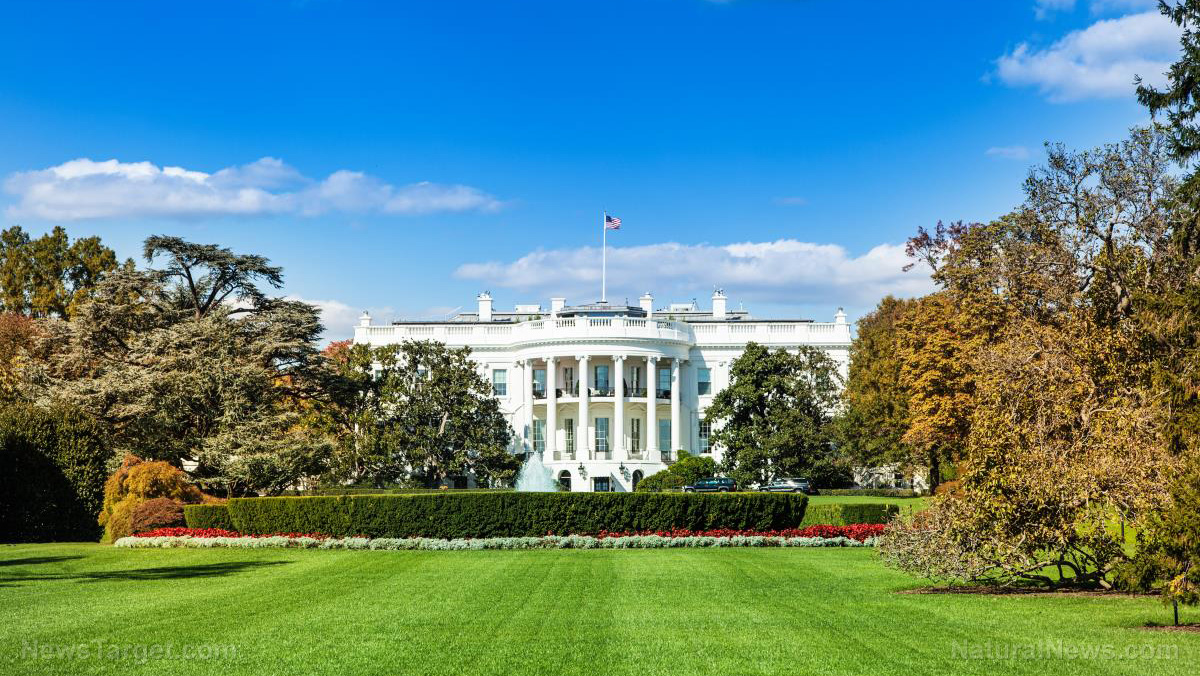
A faction of Americans -- and likely a growing faction -- is becoming increasingly fed up with being abused by the left-wing deep state, especially after Joe Biden's politicized 'Justice' Department indicted former President Donald Trump some two-and-a-half years after his reelection was stolen from him.
A piece published by The American Mind is reflective of this growing attitude and anger. Written by Glenn Ellmers, the piece begins by referencing an excerpt from the new book by Kevin Slack titled, "War on the American Republic."
The excerpt says:
The only force that can oppose this servitude is an armed citizenry with a stake in society, angry about its managed decline, and insistent upon its rights. Thus the kleptocrats’ fear is an armed citizenry above all, and they seek to register, then confiscate, AR-15s to render the people defenseless against state coercion. Such tyranny could trigger open conflict—Americans own some 500 million firearms.
And while the Left celebrates revolution, its marchers have never seen the systematic ordering force of conservatism when prodded to destruction. The Left can claim control of the bureaucracy and military command, but of actual fighting forces it holds few—it has alienated local police and the 3.3 million veterans who have returned from recent imperial wars.
The Right, after such a long train of abuses, must confront whether it would be willing to leap into the revolutionary abyss. This willingness and preparedness for war may be the way to prevent open conflict, to force a common recognition of some table of values, of inalienable rights not subject to negotiation.
"I agree with Michael Anton that the regime would like nothing better than to instigate a violent incident by 'ultra-MAGA insurrectionists' in order to justify a harsh crackdown; therefore, don’t give them any excuse," Ellmer writes.
"Slack himself makes this point eloquently when he observes, 'while I sympathize with any defense of natural right, I also fear it,'" Ellmer continued. "A civil war today would pit 'city against country, neighbor against neighbor, in the aisles of grocery stores, restaurants, and churches…. I still hope that we can appeal to genuine nationalism, celebrating America’s principles and its remarkable achievements, rejecting a false patriotism and tribalism.'"
Ellmer said he found Slack's exploration of historical and philosophical inquiries intriguing. One such question, he noted, is what Thomas Jefferson would say if he were alive in the present era.
By examining the Declaration of Independence, it's possible to deduce the essential prerequisites that Jefferson would deem necessary to invoke the natural right for the people to defend themselves against tyranny. While Slack's book delves into this topic extensively, providing a condensed version that emphasizes the crucial points could be helpful, he added.
"The Declaration names four conditions that the signers believed had been met and therefore justified the American Revolution," notes Ellmer. They were:
-- Major infringements on natural rights.
-- An extended and persistent pattern of abuses against natural rights.
-- Refusing to negotiate or compromise with political opponents.
-- The need for a better governing alternative.
"In each case," notes Ellmer, "Jefferson is referring not to some kind of deterministic, historical inevitability (and obviously not to the necessities imposed by the laws of physics). He means a moral-political compulsion that arises from having no other reasonable and honorable choice."
Our revolutionary leaders had spent years studying, history, law, finance, economics, and philosophy. They knew they had the ability to “institute new Government, laying its foundation on such principles and organizing its powers in such form, as to them shall seem most likely to effect their Safety and Happiness.”
"One should embark on a revolution only when there is a reasonable expectation, and a plan, for a better arrangement," Ellmer wrote. "This alternative must be not only more just but also more stable and secure, which includes security from foreign enemies. That’s a high bar and another useful reminder that revolutions are not to be undertaken for 'light or transient causes.'"
Stealing elections and jailing your political opponents is the stuff of Marxist, communist, authoritarian regimes -- like the one our founders rebelled against.
Sources include:
Please contact us for more information.




















